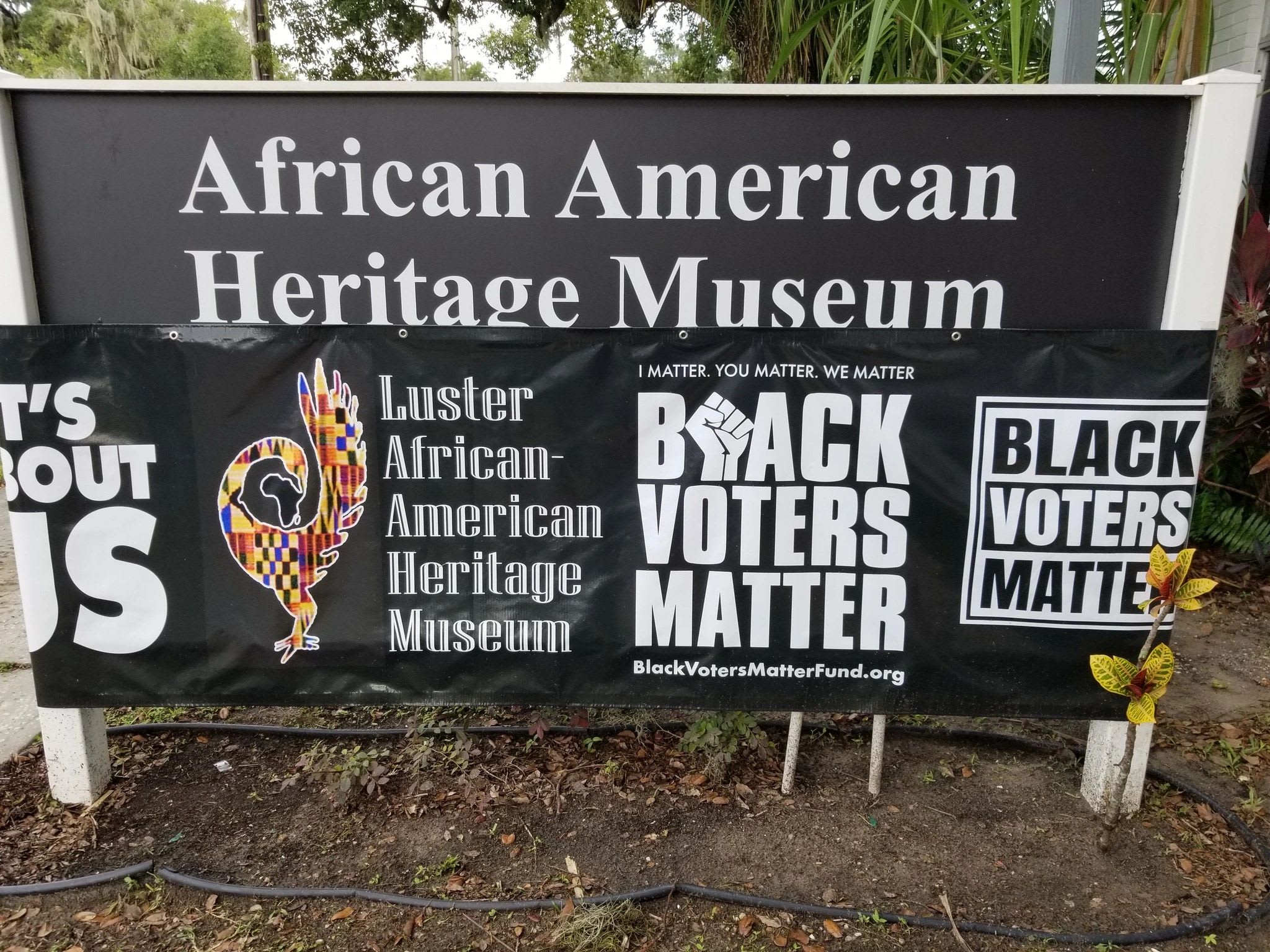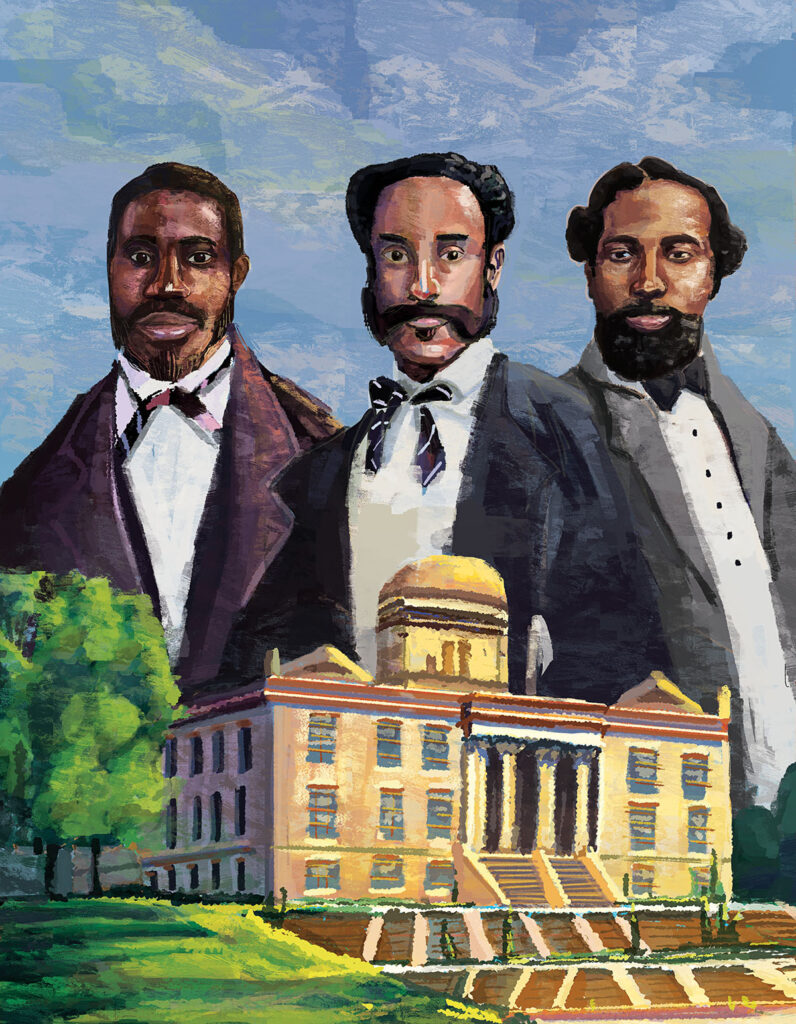African and American history is a complex and intertwined narrative of struggle, resilience, and cultural enrichment. This article provides an overview of the historical connections and contributions between Africa and America, highlighting significant events, individuals, and social movements that have shaped both continents’ histories.
From the profound impact of the transatlantic slave trade to the Civil Rights Movement and cultural exchange, African and American history shares a legacy of shared experiences and influences. Understanding this history is crucial for comprehending the present-day socio-political landscape and fostering appreciation for the contributions of African descendants in America.
By examining key historical milestones and the interconnectedness of the African and American story, we gain insights that go beyond national borders and challenge traditional narratives. This article delves into these significant junctures and the continuous evolution of African and American history.
Forgotten Heroes: African And American Contributions To World History
Throughout history, African and American individuals have made remarkable contributions to the fields of science and inventions. One such pioneer is George Washington Carver, an African-American botanist and inventor. Carver’s groundbreaking research on peanuts led to innovative products such as peanut oil, peanut butter, and even cosmetics. His work not only revolutionized the agricultural industry but also provided economic opportunities for farmers.
Furthermore, Thomas Edison, an influential American inventor, is celebrated for his invention of the phonograph, motion picture camera, and the practical electric light bulb. Edison’s technological advancements transformed the world and laid the foundation for modern-day inventions. His achievements continue to inspire generations of inventors to push the boundaries of innovation.
African and American individuals have also played a pivotal role in shaping cultural influences across the globe. An emblematic figure is Martin Luther King Jr., an American civil rights activist. King’s leadership and advocacy for equality and justice during the American Civil Rights movement significantly impacted social progress across the world.
Moreover, Nelson Mandela, an iconic South African leader, fought against apartheid, inspiring a global movement towards equality and justice. His unwavering commitment to freedom united people from all walks of life and ignited positive change both nationally and internationally.
Apart from renowned figures, numerous unsung heroes from African and American history have played significant roles in social movements. For instance, Claudette Colvin, an African-American teenager, refused to give up her seat on a segregated bus in Montgomery, Alabama, months before Rosa Parks’ similar act. Colvin’s courageous action was a vital catalyst for the larger civil rights movement.
Furthermore, Bayard Rustin, an American civil rights activist, organized the iconic March on Washington, where Martin Luther King Jr. delivered his historic “I Have a Dream” speech. Rustin’s support and strategic planning were instrumental in mobilizing large-scale protests and advancing the cause of racial equality.
In summary, the contributions of African and American individuals to world history are truly remarkable. Their pioneering work in science and inventions, cultural influences, and social movements have left an indelible impact on society, inspiring generations to strive for progress, equality, and justice.
Exploring Africa’s Rich Heritage In American History
The influence of ancient African civilizations on American history is a fascinating topic to explore. From the ancient Egyptian civilization to the powerful kingdoms of Ghana, Mali, and Songhai, Africa’s rich heritage has left a lasting legacy on American culture. The transatlantic slave trade brought millions of African captives to the Americas, and their cultural retentions continue to shape American society today. African cultural practices such as music, dance, cuisine, and language have found their way into American traditions. Similarly, African-American art and literature have made significant contributions to American culture, with renowned figures such as Langston Hughes, Maya Angelou, and Romare Bearden leaving an indelible mark. The exploration of African and American history provides valuable insights into the interconnectedness and shared heritage of these two continents.
The African Diaspora: Endurance And Resilience
The African diaspora has shaped the history and culture of both Africa and America. The journey from slavery to freedom was a long and arduous one for African-Americans. They exhibited immense endurance and resilience throughout this period, fighting for their rights and striving to achieve equality in American society. Overcoming challenges such as racial discrimination and segregation, African-Americans established themselves as prominent contributors to various fields, including arts, sciences, politics, and civil rights activism. Despite the triumphs, the road was not without hurdles for African immigrants, who faced their own unique set of challenges. However, their contributions to American society cannot be overlooked. Today, contemporary African-American culture encompasses a rich tapestry of traditions, music, literature, and artwork that continue to shape the cultural landscape of America.

Credit: laahm.org
Sharing Untold Stories: African-american History Through Art And Media
African-American history has often overlooked the remarkable contributions of women. From courageous activists to groundbreaking artists, these untold stories deserve recognition. Through various forms of art and media, the narratives of African-American women have been shared and celebrated.
Visual mediums such as film and photography have played a pivotal role in bringing these stories to life. Capturing moments of triumph and struggle, these visuals provide a window into the past and shed light on the experiences of African-American women. The power of these images is undeniable, allowing viewers to connect with the stories on a deep, emotional level.
Additionally, music has always been an integral part of the African-American narrative. From gospel and blues to jazz and hip-hop, the impact of music resonates throughout history. It has been a source of empowerment, giving voice to the experiences and emotions of African-American women and acting as a catalyst for change.
African-American history is rich and diverse, with countless stories waiting to be shared. Through art, media, and music, these narratives are finally being unveiled, inspiring and educating future generations.
Education And Research: Challenging Historical Misconceptions
Over the years, historical research and education have played a pivotal role in reshaping our understanding of African and American history. It is crucial to recognize and acknowledge the contributions of African-Americans to the fabric of American society, as their stories have often been overlooked or overshadowed.
By rediscovering overlooked African-American historical figures, we can broaden our knowledge and gain a more comprehensive picture of the past. These individuals, such as Harriet Tubman, Frederick Douglass, and Martin Luther King Jr., have made significant contributions in shaping civil rights movements, promoting equality, and challenging societal norms.
Furthermore, historical revisionism has become a necessity. It allows us to critically analyze past events, reevaluate established narratives, and challenge prevailing biases. By questioning historical interpretations, we can uncover hidden truths and correct historical misconceptions, thereby fostering a more inclusive and accurate representation of history.
| Benefits of Education and Research in African and American History |
|---|
| 1. Uncovering Hidden Stories: Education and research shed light on the often-ignored contributions of African-Americans, giving them the recognition they deserve in shaping history. |
| 2. Challenging Stereotypes: By revisiting historical events and figures, we can challenge stereotypes and promote a more nuanced understanding of African and American history. |
| 3. Fostering Inclusion: Education and research help create a more inclusive narrative by diversifying the voices and perspectives represented in historical accounts. |
Ultimately, education and research in African and American history play a crucial role in broadening our perspectives, challenging misconceptions, and fostering a more accurate understanding of the past. By acknowledging the contributions of overlooked figures and embracing historical revisionism, we can move toward a more inclusive and comprehensive portrayal of history.
Restoring Cultural Identity: Celebrating African And American Heritage
|
Restoring Cultural Identity: Celebrating African and American Heritage |
|
Restoring the cultural identity of African Americans is a crucial and ongoing process. One way to achieve this is by celebrating the rich heritage of both African and American history. Through the preservation of African-American landmarks and historical sites, we can honor the struggles, achievements, and contributions of African Americans throughout history. Reviving African traditions in America helps to reconnect individuals with their ancestral roots. By embracing cultural practices, music, art, and storytelling, African Americans can find a sense of belonging and pride in their heritage. Acknowledging the fusion of African and American cultures highlights the unique and diverse aspects of African-American identity. From music genres like jazz, blues, and hip-hop to cuisine, language, and fashion, the influence of African traditions can be seen and celebrated in various aspects of American culture. |
Moving Forward: Embracing Diversity And Equality
Modern society is built upon the contributions of diverse cultures and ethnicities, and it is important to recognize the significant role that African-Americans have played in shaping our shared history. Acknowledging their contributions promotes social justice and equality, fostering a more inclusive and harmonious society.
By celebrating the achievements of African-Americans, we promote a more accurate and balanced understanding of our history. This recognition also serves as a reminder that the struggles for equality and civil rights are ongoing, and we must continue to fight for a more just society.
Uniting our African and American heritages strengthens the bonds of our diverse nation. Embracing our shared history fosters mutual respect and understanding between cultures, leading to a more harmonious and inclusive society.
Frequently Asked Questions For African And American History
What Were The Major Historical Events In African And American History?
In African history, significant events include the colonization of Africa, the transatlantic slave trade, and the fight for independence. In American history, major events include the American Revolution, the Civil War, and the Civil Rights Movement.
How Did African And American History Intersect?
African and American history intersected through the transatlantic slave trade, where Africans were forcibly brought to America as slaves. This cruel practice resulted in the blending of African and American cultures, shaping the social, economic, and political landscape of the United States.
What Contributions Did African Americans Make To American Society?
African Americans made immense contributions to American society, such as their influence on music genres like jazz, blues, and hip-hop. They also played pivotal roles in the Civil Rights Movement, advancing equality and shaping the country’s laws to protect the rights of all citizens.
Conclusion
In light of the widespread impact African and American history have had on shaping societies, it is imperative to acknowledge and appreciate the significant contributions made by both cultures. From the struggles for civil rights and equality to the rich cultural legacies, this intertwined history serves as a reminder of the ongoing fight for justice and inclusion.
By learning about and celebrating these shared experiences, we can strive for a more inclusive and harmonious future.

